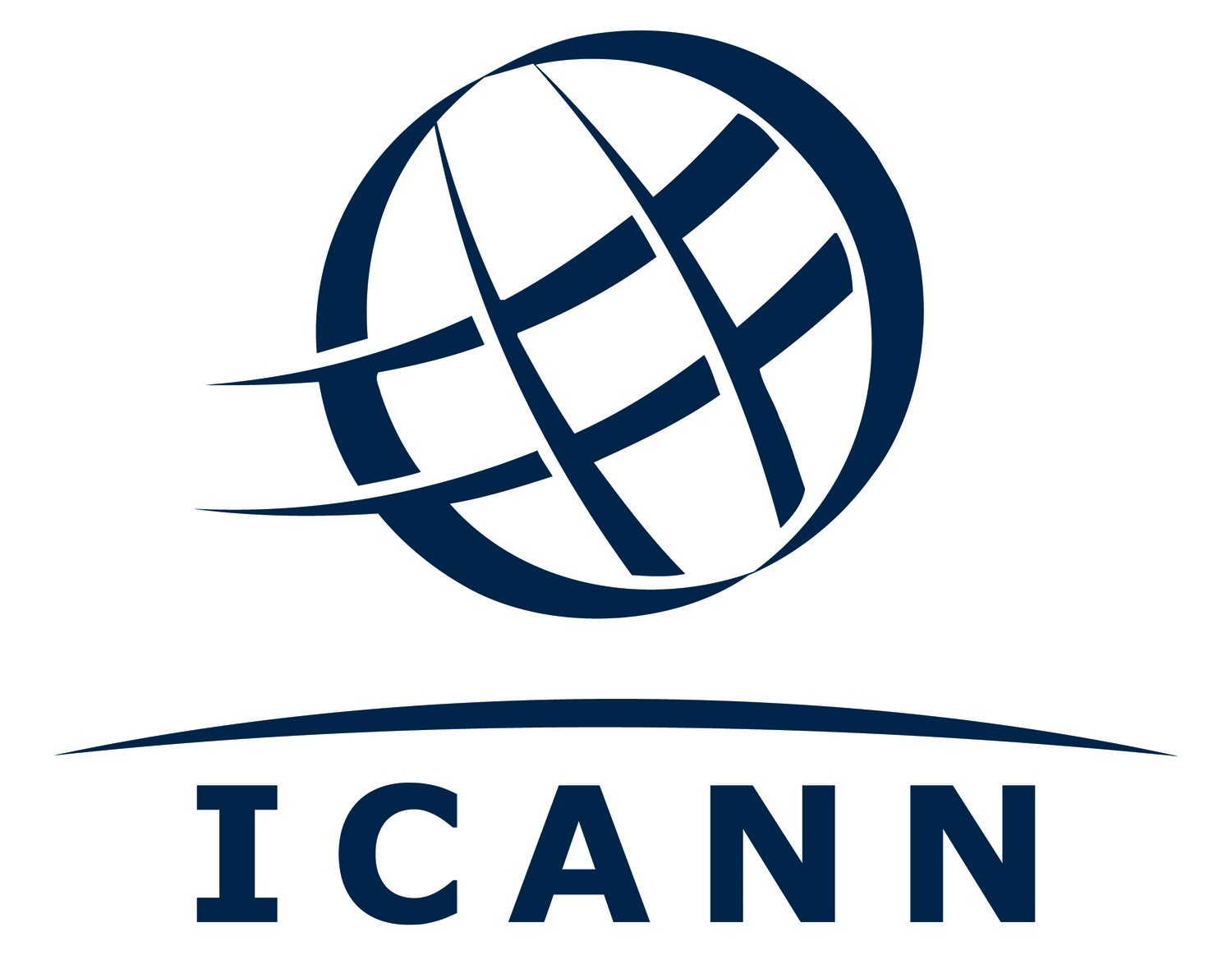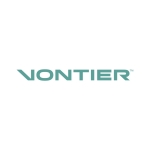Yamaha Motor: Consolidated Business Results Summary - First Half of Fiscal Year Ending December 31, 2024
Yayoi Tokutome
Corporate Communication Division
Global PR Team
Yamaha Motor Co., Ltd.
TEL: +81(0)538-32-1145
ymc_pr@yamaha-motor.co.jp
Yamaha Motor Co., Ltd. (Tokyo: 7272) announces its consolidated business results for the first half of fiscal 2024.
This press release features multimedia. View the full release here: https://www.businesswire.com/news/home/20240807405321/en/
style="width: 480px; float:left; padding-left:0px; padding-right:20px; padding-top:0px; padding-bottom:0px;">
Yamaha Motor Headquarters, Iwata, Shizuoka, Japan (Photo: Business Wire)
From HIDAKA, Yoshihiro
President, Chief Executive Officer and Representative Director
In the first half of fiscal 2024, we were able to set new records for revenue and incomes for the second year running. In our core business of motorcycles, increased sales of premium models in emerging markets and other factors led to us posting higher revenues and profits.
In terms of the external business environment, high prices and interest rates are affecting demand levels, and as anticipations of interest rate cuts rise in the United States, sharp fluctuations in foreign exchange rates and other developments have made things uncertain. Also, while things vary by business segment, we expect the fierce competitive environment to continue due to product supply improvements by us as well as our competitors, declining levels of demand, and other effects. Ocean freight rates are trending upward while raw material costs are generally in line with forecasts, excluding the effects of foreign exchange rates.
As for our businesses, we expect the motorcycle business to continue performing well, but for recreational vehicles and Smart Power Vehicles, inventory adjustments to lead to prolonged production cutbacks. In the Marine Products business, the new large outboard motor models we launched this season continue to receive ample customer inquiries, but we still expect demand to decline, mainly in Europe and the United States. We will continue to work toward inventory optimization, including making production adjustments that take demand levels and sales conditions into account. As for the Robotics business, we expect to see a recovery in demand in the second half of the year.
To strengthen profitability, we will be resolute in controlling expenses, improving production efficiency, and carrying out our premium segment strategy while enacting structural improvements for businesses incurring losses.
Consolidated Business Results
Revenues for the period were 1,348.4 billion yen (an increase of 122.0 billion yen or 10.0% compared with the same period of the previous fiscal year) and operating income was 154.4 billion yen (an increase of 12.9 billion yen or 9.1%). Interim net income attributable to owners of parent was 113.1 billion yen (an increase of 9.8 billion yen or 9.5%).
For the first half-year consolidated accounting period, the U.S. dollar traded at 152 yen (a depreciation of 17 yen from the same period of the previous fiscal year) and the euro at 165 yen (a depreciation of 19 yen).
In the Company’s core business of motorcycles, Brazil and India saw higher overall unit sales and higher prices per unit, which increased revenues. For operating income, the effects of higher revenue in the motorcycle business and cost-cutting efforts were compounded by the positives of a weaker yen, and this led to higher profits for the period.
*From this fiscal year, the Yamaha Motor group has switched from Japanese Generally Accepted Accounting Principles (J-GAAP) to International Financial Reporting Standards (IFRS), and as such, figures from fiscal 2023 have been converted to IFRS standards for comparison and analysis.
Results by Business Segment
Land Mobility Business
Revenues were 896.1 billion yen (an increase of 98.6 billion yen or 12.4% compared with the same period of the previous fiscal year) and operating income was 90.7 billion yen (an increase of 22.8 billion yen or 33.6%).
For the motorcycle business, unit sales rose in developed markets like Europe and the United States, resulting in higher numbers than last year. Demand in emerging markets—primarily Brazil, India, and Indonesia—went up and accordingly increased the unit sales recorded for the entire emerging market motorcycle business. Revenues for the motorcycle business went up thanks to the higher unit sales in Brazil and India as well as higher prices per unit. For operating income, in addition to the effects of higher revenues, improved supply of premium segment models in emerging markets, cost reductions, and the benefits of a weaker yen brought in higher profits.
With recreational vehicles (all-terrain vehicles and ROVs), demand has fallen below last year’s while unit sales remain roughly the same, but a worsening model mix resulted in lower sales. In addition to the higher marketing, promotional, and manufacturing expenses accompanying the intensifying competition left the business with lower profits.
For the Smart Power Vehicles business, i.e., electric wheelchairs, electrically power-assisted bicycles (eBikes) and their drive units (e-Kits), unit sales of eBikes in Japan surpassed last year’s numbers. However, in Europe, the main market for Yamaha Motor e-Kits, market inventory adjustments have remained ongoing and this led to a decline in unit sales and lower sales overall. In terms of operating income, the lower unit sales and increase in sales promotion expenses left the SPV business posting lower profits.
Marine Products Business
Revenues were 297.7 billion yen (a decrease of 1.3 billion yen or 0.4% compared with the same period of the previous fiscal year) and operating income was 53.2 billion yen (a decrease of 12.6 billion yen or 19.2%).
Outboard motor demand in Central and South America continued to be strong, but in North America and Europe, rising prices and interest rates led to a decline in demand. However, demand for large horsepower outboards in North America remained stable. Unit sales of new outboard models were positive, but sales were lower for the outboard business overall. For personal watercraft, unease about rising interest rates made customers hesitate to purchase and demand decreased, but unit sales increased thanks to improvements addressing last year’s lack of parts and supply chain disruptions, which had forced the Company to place limits on product supply. As a result, sales and profits fell for the Marine Products business overall. Also, Yamaha Motor’s half-year consolidated business results include the performance recorded by German electric marine propulsion manufacturer Torqeedo GmbH during its second quarter consolidated accounting period (April–June 2024).
Robotics Business
Revenues were 45.9 billion yen (a decrease of 0.4 billion yen or 0.8% compared with the same period of the previous fiscal year) with an operating loss of 0.4 billion yen (compared to an operating income of 5 billion yen).
In the surface mounter market, lower demand for capital investment in Europe accordingly brought down unit sales. With industrial robots, demand remained stagnant in China and sales decreased. Also, higher demand for generative AI applications and advanced packaging yielded higher sales of Yamaha semiconductor back-end process manufacturing equipment. As a result of all these developments, the Robotics business as a whole took in lower sales and its operating income for the period also fell.
Financial Services Business
Revenues were 55.9 billion yen (an increase of 17.4 billion yen or 45.3% compared with the same period of the previous fiscal year) and operating income was 10.8 billion yen (an increase of 4.2 billion yen or 63.2%).
As financial receivables increased, we made progress in passing procurement interest rates on to customers and this pushed revenues up. As for operating income, in addition to higher income from interest payments, the appraised losses derived from interest rate swaps last fiscal year were converted to appraisal gains this fiscal year. This upped profits for the period.
Other Products Business
Revenues were 52.9 billion yen (an increase of 7.7 billion yen or 17.1% compared with the same period of the previous fiscal year) and operating income was 3.6 billion yen (compared to an operating income of 0.6 billion yen).
Higher demand for golf cars in North America was behind the rise in unit sales and resulting greater revenue brought the business both increased sales and profits.
Forecast of Consolidated Business Results
Regarding the forecast consolidated business results for the fiscal year ending December 31, 2024, no changes have been made to the forecast made on February 14 when announcing the Company’s fiscal 2023 results (including the assumed foreign exchange rates):
Revenue: 2,600.0 billion yen
Operating Income: 260.0 billion yen
Net Income: 175.0 billion yen
Basic Policy Concerning Profit Distribution and Dividends for the Current Fiscal Year
For shareholder returns, the Company’s basic policy is to emphasize making consistent and ongoing dividend payments while taking into consideration the outlook for business performance and investments for future growth, distributing returns to shareholders in a flexible way based on the scale of our cash flows with the total payout ratio set at the 40% range for the cumulative total of the Medium-Term Management Plan’s three-year period.
Regarding dividends for the period, based on there being no changes to the original forecast consolidated business results for the fiscal year ending December 31, 2024, the Company resolved to keep the forecast annual dividend at 50 yen per share and the interim dividend at 25 yen per share.
View source version on businesswire.com: https://www.businesswire.com/news/home/20240807405321/en/
 Business wire
Business wire 









Add Comment